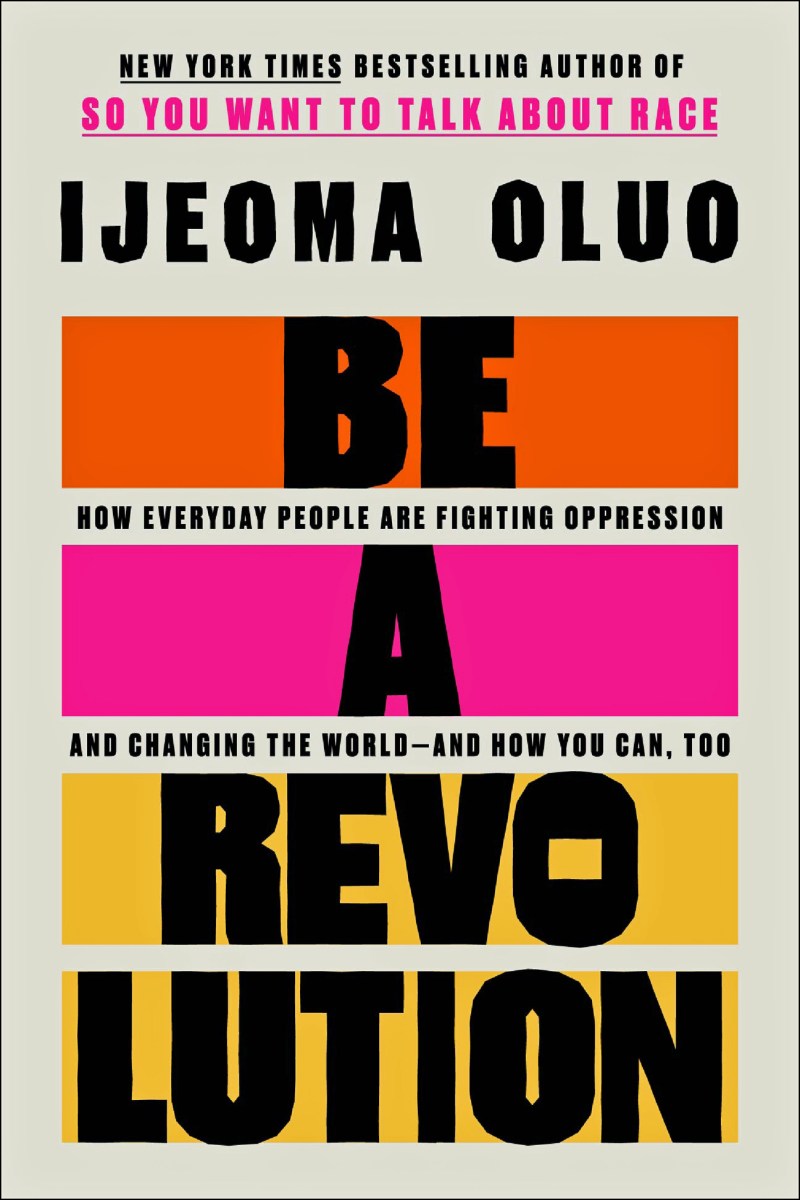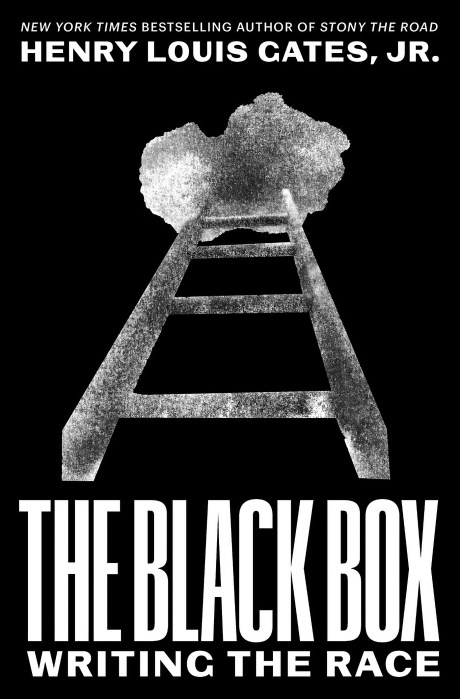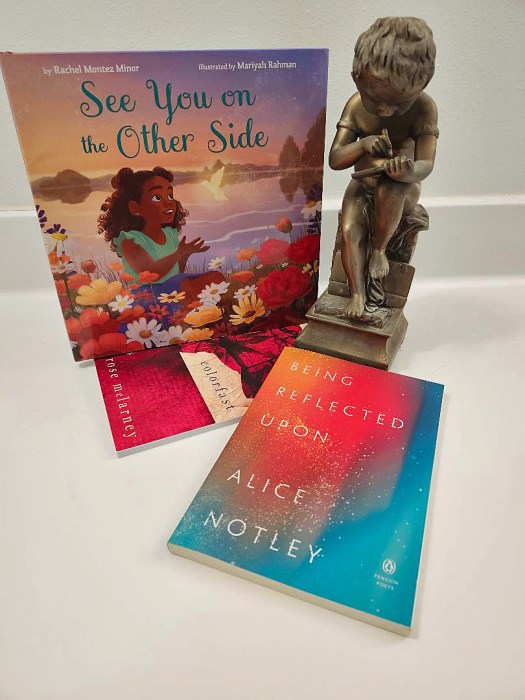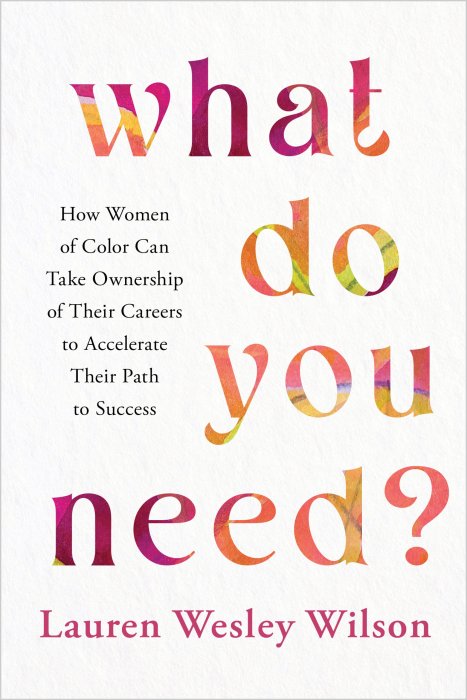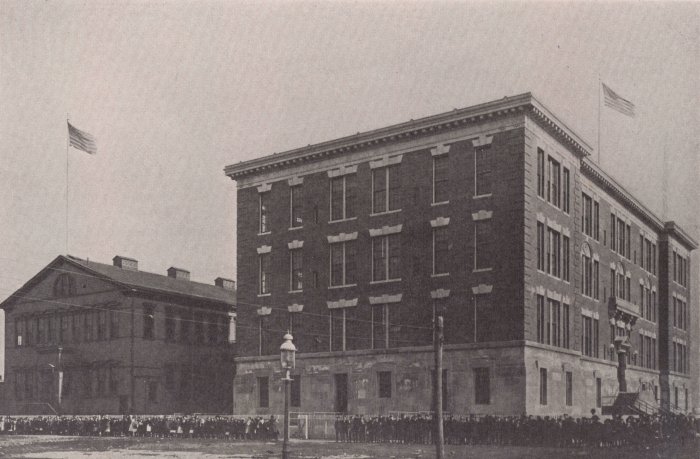“Be a Revolution: How Everyday people are Fighting Oppression and Changing the World – and How You Can, Too” by Ijeoma Oluo
c.2024,
HarperOne
$26.99
416 pages
Your mind’s made up: it’s time to make a difference.
You’ve decided now to stand up with the people in your community, to make change for the better. You can’t live with the status quo anymore, but where do you start? Do you pick up where others left off or, with the new book “Be a Revolution” by Ijeoma Oluo, do you act where few have served before?
In her writing and speaking life, many people tell Ijeoma Oluo that they wish they could help fight racism, but they feel helpless. Their sincerity is willing but the direction is weak, which is understandable. Racism, Oluo acknowledges. is really a very complicated matter but though there doesn’t seem to be a single solution, there is a place for every individual to help. She suggests starting with your own imagination.
Ignore the naysayers. What do you want to change?
Oluo begins with a chapter on the prison system, and the work that can be done to change them from the outside in. Volunteers can also help change laws, and there’s always a need to support those who are imprisoned.

Watch your privilege and approach each injustice with respect. Reject any shame associated with a subject and don’t separate racial justice and gender justice; working for one is working for both. While you’re at it, support disability justice, too. Be serious about accessibility, both for the disabled and the able-bodied.
Support unions and pay attention to their calls for help. Shop at businesses owned by people of color or disabled shop owners. Work to restore the environment around Black communities and demand that toxic sites in the vicinity are cleared. Attend meetings of your local school board and know your neighborhood school’s policies. Support the library and ask for more diverse reading material. Put your support behind BIPOC-led arts foundations.
And finally, be a mentor. Remember that the world is larger than you think.
So you may be wondering what makes “Be a Revolution” different from the other hundreds of books on activism that have been released in the last four years. That’s a valid question, the answer of which is: the size.
You don’t have to go big, says author Ijeoma Oluo. Grand plans are not necessary, which is a refreshing thing for time-crunched readers to know. No more feeling bad about inactivity; merely attending a city council or school board meeting is activism, in her book, and it can lead to change. That’s good news, if you’re already scheduled over your head.
And yet, tiny steps may still seem insignificant, so Oluo offers interviews with activists who invite readers to look around, see what needs doing, and cast aside feelings of hopelessness. There are simple things you can do for justice. Don’t be afraid to do them.
For a beginning justice warrior or someone who’s finally found the time to act, this is a good way to find your niche. “Be a Revolution” is a way to get started, and a different kind of motivational book.


